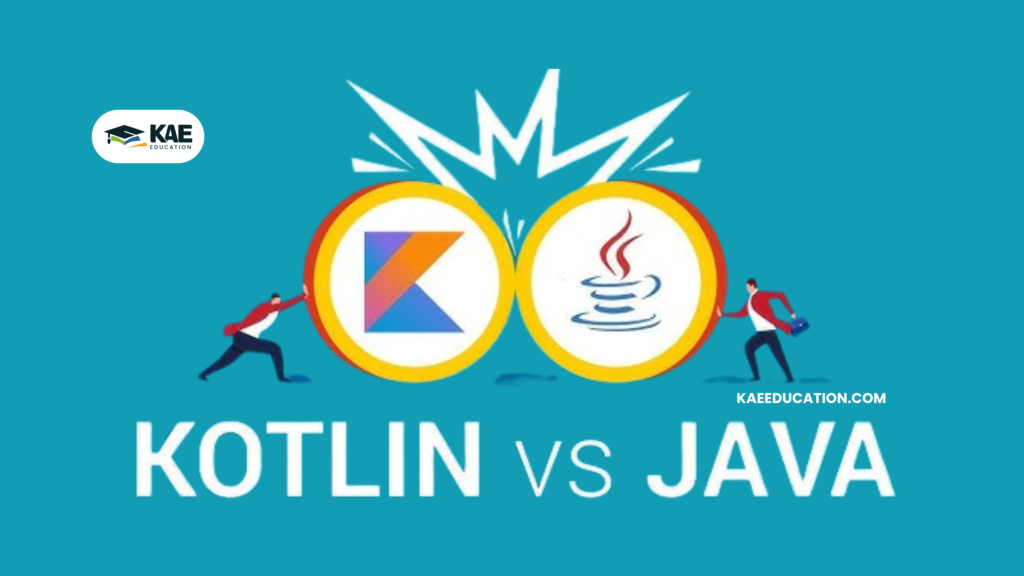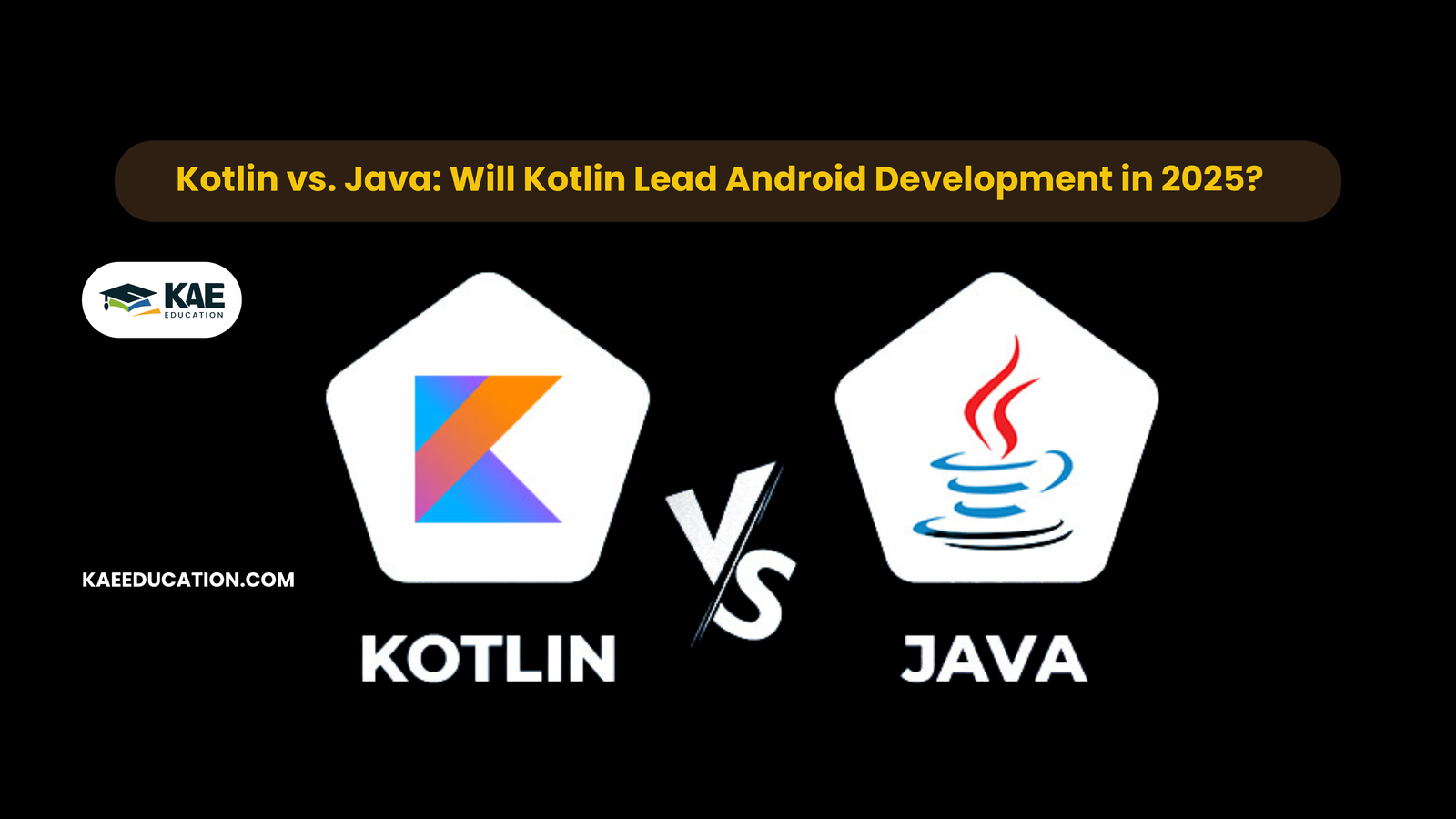Kotlin vs. Java: Will Kotlin Lead Android Development in 2025?
The debate between Kotlin and Java as the go-to programming language for Android development has been ongoing for years. While Java has a rich history and a strong developer base, KTX is swiftly rising as the modern language of choice for Android development. This blog explores how KTX is shaping up to potentially lead Android development by 2025.
Why KTX is Emerging as a Leader in Android Development
(1) KTX’s Modern Features
KTX offers several features that make it developer-friendly and highly efficient:
(i) Conciseness: KTX requires fewer lines of code than Java, reducing boilerplate and making code easier to read and maintain.
(ii) Null Safety: Kotlin introduces nullable and non-nullable types to do away with null pointer exceptions.
(iii) Coroutines: KTX supports asynchronous programming, making it ideal for tasks like handling APIs and managing threads.
(2) Google’s Official Support
KTX was announced by Google as an official language for Android development in 2017. This announcement spurred a rapid adoption of KTX in the Android ecosystem.
(3) Compatibility with Java
Because Kotlin and Java are completely compatible, developers can utilize both languages in the same project. Because of this compatibility, KTX may be gradually incorporated into current Java codebases without requiring a total rewrite.
(4) Growing Community and Resources
Kotlin’s developer community is expanding, and resources like libraries, frameworks, and tutorials are becoming more abundant. This growth makes it easier for developers to learn and transition to KTX.

Java: A Strong Contender
While Kotlin has gained immense popularity, Java still holds several advantages:
(1) Wide Adoption: Java has been a staple for Android development since its inception, and many legacy systems rely on it.
(2) Cross-Platform Reach: Java’s use extends beyond Android to web, enterprise applications, and even IoT devices.
(3) Performance: For large-scale projects and applications, Java’s performance holds up well.
However, Java’s syntax can be verbose, and it lacks some of the modern features that KTX brings to the table.
Future Demand and Growth in 2024-2025
KTX’s Growing Role
(1) Rising Adoption Rates: With Google’s continuous support, more developers and companies are transitioning to KTX for Android projects.
(2) Enhanced Tooling: JetBrains, Kotlin’s parent company, is consistently improving its tools and libraries, making KTX development more seamless.
(3) Cross-Platform Development: Kotlin Multiplatform is gaining traction, enabling developers to use Kotlin for iOS, web, and server-side applications.
Java’s Continued Relevance
(1) Enterprise Applications: Java will likely remain dominant in enterprise-level applications and backend systems.
(2) Transition Period: As many organizations have extensive Java codebases, the transition to KTX will be gradual, ensuring Java’s relevance.
Key Benefits of Kotlin for Developers
(1) Increased Productivity: Concise syntax leads to quicker development cycles.
(2) Reduced Errors: Null safety and type inference reduce runtime errors.
(3) Future-Proof Skills: Learning Android Studio aligns with the direction of modern Android development.
Conclusion: Will Android Studio Lead Android Development in 2025?
As Android development evolves, Android Studio is positioned to take the lead thanks to its modern features, Google’s support, and growing developer adoption. While Java will continue to be relevant for certain applications, Kotlin’s advantages make it the language of the future for Android development. By 2025, Android Studio is likely to dominate the Android ecosystem and extend its influence to other domains like cross-platform and backend development.
For developers looking to stay ahead in their careers, mastering Android Studio is a powerful investment in the future.
FAQs About Kotlin and Android Development
Kotlin offers modern features like null safety, conciseness, and coroutines, making it more efficient for Android development. However, Java remains a strong option for legacy systems.
Yes. Kotlin’s syntax is straightforward for Java developers, and its interoperability allows both languages to coexist in the same project.
While Kotlin is becoming the primary language for Android development, Java will remain relevant in enterprise and legacy applications.
Kotlin is ideally suited for upcoming Android development because of its clear syntax, compatibility for contemporary programming paradigms, and Google’s sponsorship.
Yes, Android Studio Multiplatform allows developers to write code for multiple platforms, including iOS, web, and server-side applications.
By differentiating between nullable and non-nullable types, Android Studio’s type system lessens the possibility of null pointer exceptions.
Coroutines in Android Studio simplify asynchronous programming, making it easier to manage background tasks and improve app performance.

